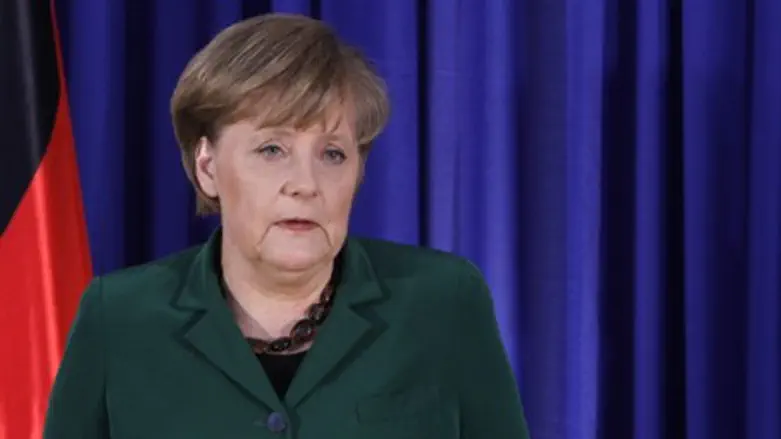
The leaders of Britain, France and Germany jumped into the fierce political debate in Washington over the Iran nuclear deal Thursday, in an effort to convince US lawmakers not to derail the agreement.
As members of the P5+1 group of world powers, the European allies were party to the agreement that saw Iran agree to submit to international controls on its nuclear program in exchange for sanctions relief.
US President Barack Obama has hailed the deal as the best way to prevent Iran building a nuclear bomb that would upset the strategic balance in the Middle East, but has run into domestic opposition.
On Thursday, Prime Minister David Cameron, President Francois Hollande and Chancellor Angela Merkel published a joint op-ed in the Washington Post, aimed at convincing the US Congress to back the deal.
"We are confident that the agreement provides the foundation for resolving the conflict on Iran's nuclear program permanently," they wrote.
"This is why we now want to embark on the full implementation of the Joint Comprehensive Plan of Action, once all national procedures are complete."
The US Senate was due to vote later Thursday on a measure opposing the deal, after Republicans and some Democrats argued Iran can not be trusted to rein in its nuclear program and does not deserve sanctions relief.
But the resolution requires 60 votes to advance in the 100-member body, and the White House believes it has recruited enough Democratic support to block the legislation from moving forward.
Nevertheless, the European leaders' support will be welcome to Obama, who has seen what he hoped would be seen as a landmark diplomatic achievement and a victory for non-proliferation come under harsh attack.
"The long history of fruitless nuclear talks with Iran did not give strong grounds for optimism," they wrote.
"Nevertheless, two years of tough, detailed negotiation have produced an agreement that closes off all possible routes to an Iranian nuclear weapon in return for phased relief from nuclear-related sanctions.
"We fully support this agreement because it achieves the goals we had set ourselves," they added, arguing the deal will cut Iran's stock of enriched uranium and centrifuges and allows US inspectors into nuclear sites.
AFP contributed to this report.
